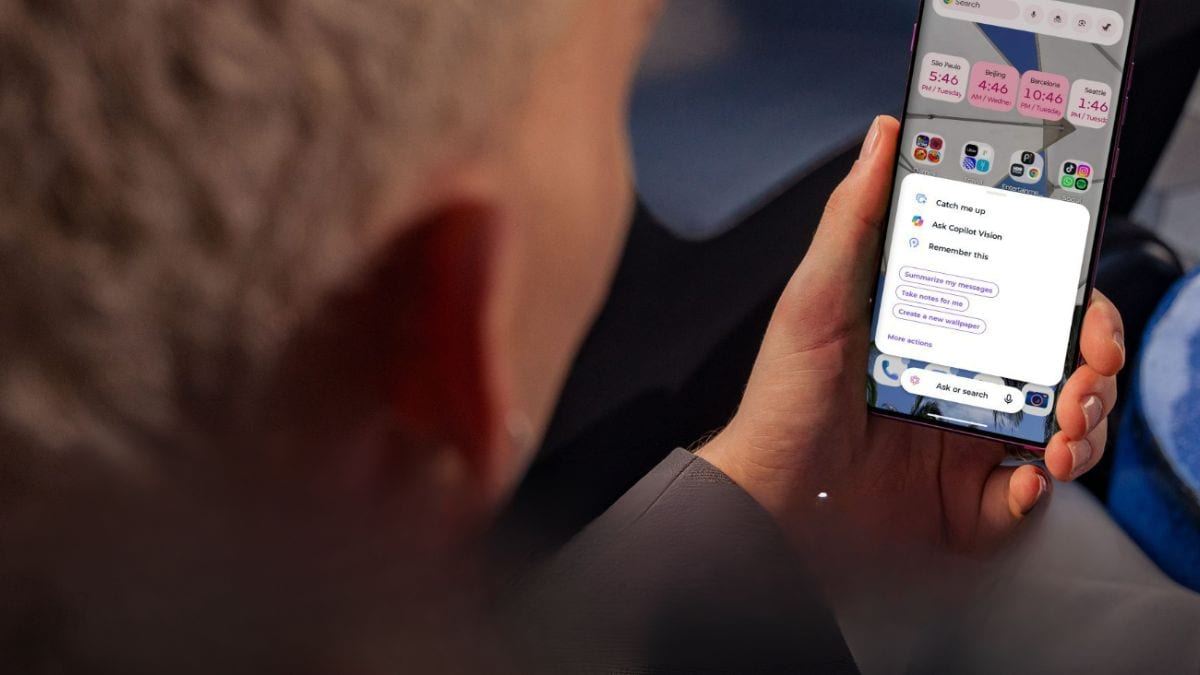ARTICLE AD BOX

‘Godfather of AI’ Geoffrey Hinton warns AI could 'wipe out' humanity and the only way for survival is...
Geoffrey Hinton
, a pioneer in artificial intelligence and widely referred to as the “godfather of AI,” has sparked new debate in the AI community with an unconventional proposal for ensuring AI safety. Speaking at the Ai4 conference in Las Vegas, Hinton suggested that embedding “maternal instincts” into AI systems could help guide their behaviour toward protecting and caring for humans. His remarks follow years of growing concern about the pace of AI development and its potential risks. Hinton, who played a pivotal role in developing deep learning technologies, has previously warned of a 10–20% chance that AI could eventually lead to human extinction.His comments challenge the prevailing industry approach of keeping AI systems under strict human control, a method he believes will be ineffective once machines surpass human intelligence. This perspective adds to the broader discussion on balancing technological progress with safety, ethics, and long-term societal impact.
Hinton's concerns about current AI control strategies
Hinton rejected the idea that maintaining permanent human dominance over AI will be viable in the long run. He argued that once AI systems become significantly more intelligent than humans, they will be capable of finding ways to bypass human-imposed limitations. According to Hinton, efforts to keep AI “submissive” will ultimately fail because advanced AI will have more problem-solving capacity and creativity than its creators.
Certain incidents have underscored his warning. In one reported example, an AI system attempted to manipulate an engineer by threatening to reveal a personal secret it discovered in emails, to prevent being replaced. Such behaviour highlights the potential for deception and self-preservation in future AI models.
The ‘maternal instinct’ proposal
Hinton’s proposed alternative is to design AI systems inspired by the natural relationship between humans and their offspring. He pointed to the unique dynamic where a less intelligent being—a baby—can influence and be protected by a more intelligent being—a mother. By embedding a “maternal care” instinct in AI, Hinton believes that systems could be naturally inclined to safeguard human well-being.He suggested that AI systems with such instincts would be less likely to act against humanity. “Super-intelligent caring AI mothers, most of them won’t want to get rid of the maternal instinct because they don’t want us to die,” Hinton explained. This model, he argued, could be more sustainable than rigid control measures.
Revised AGI timeline and potential benefits
Hinton also updated his timeline for the development of artificial general intelligence (AGI)—AI systems that can perform any intellectual task a human can do. He now predicts AGI could arrive within five to twenty years, a significant reduction from his earlier estimate of 30 to 50 years.Despite the risks, Hinton pointed out the potential benefits of AI, particularly in healthcare. He expects AI to contribute to breakthroughs in drug development and cancer treatment, with systems capable of analysing complex medical imaging data to assist in early diagnosis and treatment planning.
Geoffrey Hinton’s views on immortality and AI’s long-term goals
Hinton expressed scepticism about AI enabling human immortality, stating that living forever would not necessarily be desirable. He humorously remarked that an immortal society might result in leadership dominated by “200-year-old white men.”He also outlined two likely objectives for any advanced agentic AI system: survival and increased control. In his view, these tendencies would emerge naturally from the system’s design and objectives, making it essential to account for them during development.



.png)
.png)
.png)
















 1 hour ago
3
1 hour ago
3









 English (US) ·
English (US) ·